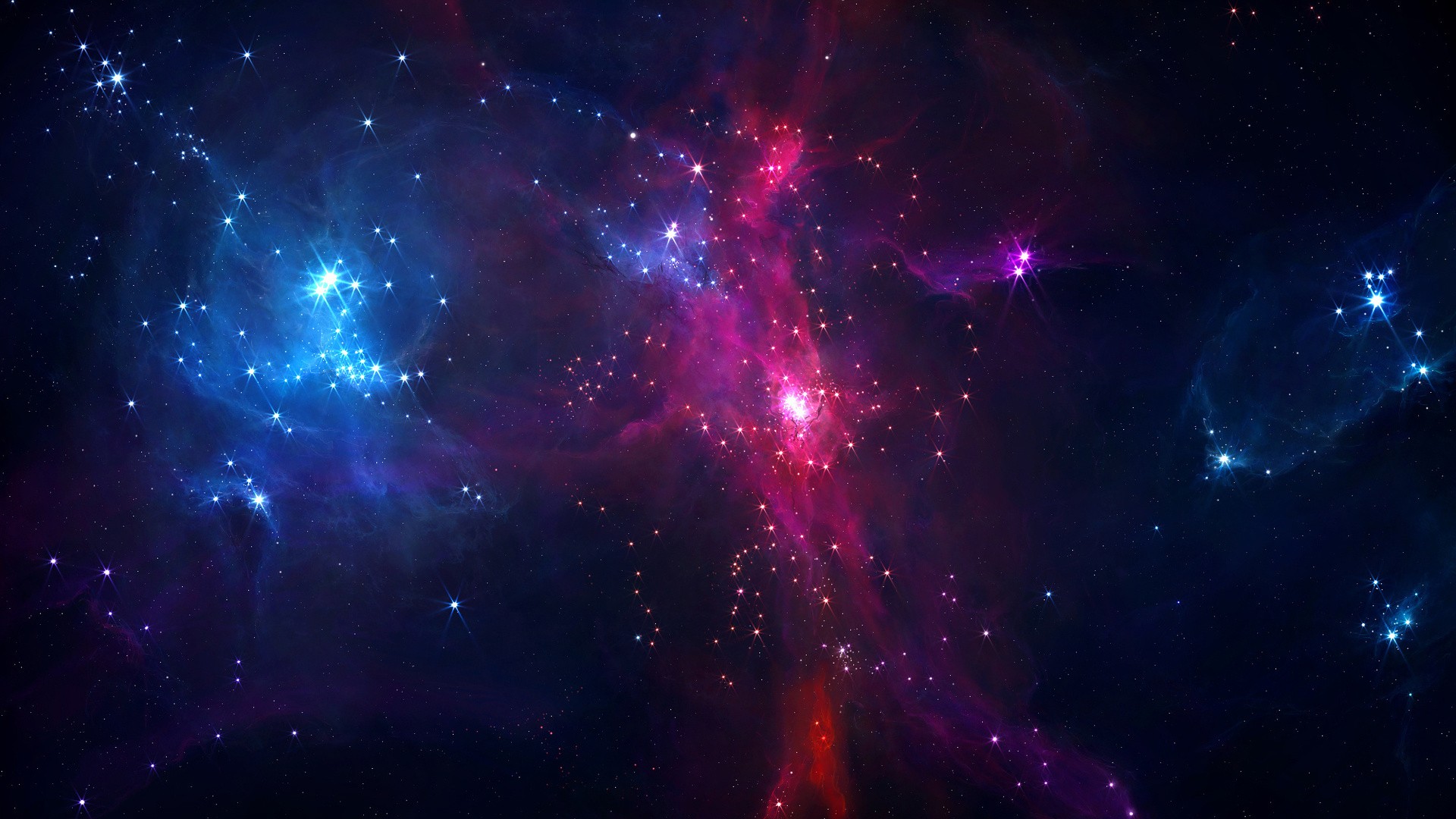ESO has signed an agreement with the Breakthrough Initiatives to adapt the Very Large Telescope instrumentation in Chile to conduct a search for planets in the nearby star system Alpha Centauri.

A team of astronomers have used the SPHERE instrument on ESO's Very Large Telescope to image the first planet ever found in a wide orbit inside a triple-star system.

Astronomers working with the European Space Agency's (ESO) Very Large Telescope (VLT) in Chile have just announced that a black hole-observing device called GRAVITY is now fully operational and it's has already provided one accurate measurement.

Observations from ESO telescopes provide crucial third dimension in probe of Universe's dark side. ESO telescopes have provided an international team of astronomers with the gift of the

The European Southern Observatory (Eso) has linked up its four telescopes of the Very Large Telescope (VLT) at the Paranal Observatory to form a virtual

ESO’s Very Large Telescope has delivered the most detailed infrared image of the Carina Nebula stellar nursery taken so far. Many previously hidden features, scattered across a spectacular celestial landscape of gas, dust and young stars, have emerged. This is one of the most dramatic images ever created by the VLT.

ESO’s Very Large Telescope captured this striking view of the nebula around the star cluster NGC 1929 within the Large Magellanic Cloud, a satellite galaxy of our own Milky Way. A colossal example of what astronomers call a superbubble dominates this stellar nursery. It is being carved by the winds from bright young stars and the shockwaves from supernova explosions.

A team of European astronomers has used ESO’s Very Large Telescope and a host of other telescopes to discover and study the most distant quasar found to date. This brilliant beacon, powered by a black hole with a mass two billion times that of the Sun, is by far the brightest object yet discovered in the early Universe. The results will appear in the 30 June 2011 issue of the journal Nature.

Using the VISIR instrument on ESO’s Very Large Telescope (VLT), astronomers have imaged a complex and bright nebula around the supergiant star Betelgeuse in greater detail than ever before. This structure, which resembles flames emanating from the star, is formed as the behemoth sheds its material into space.